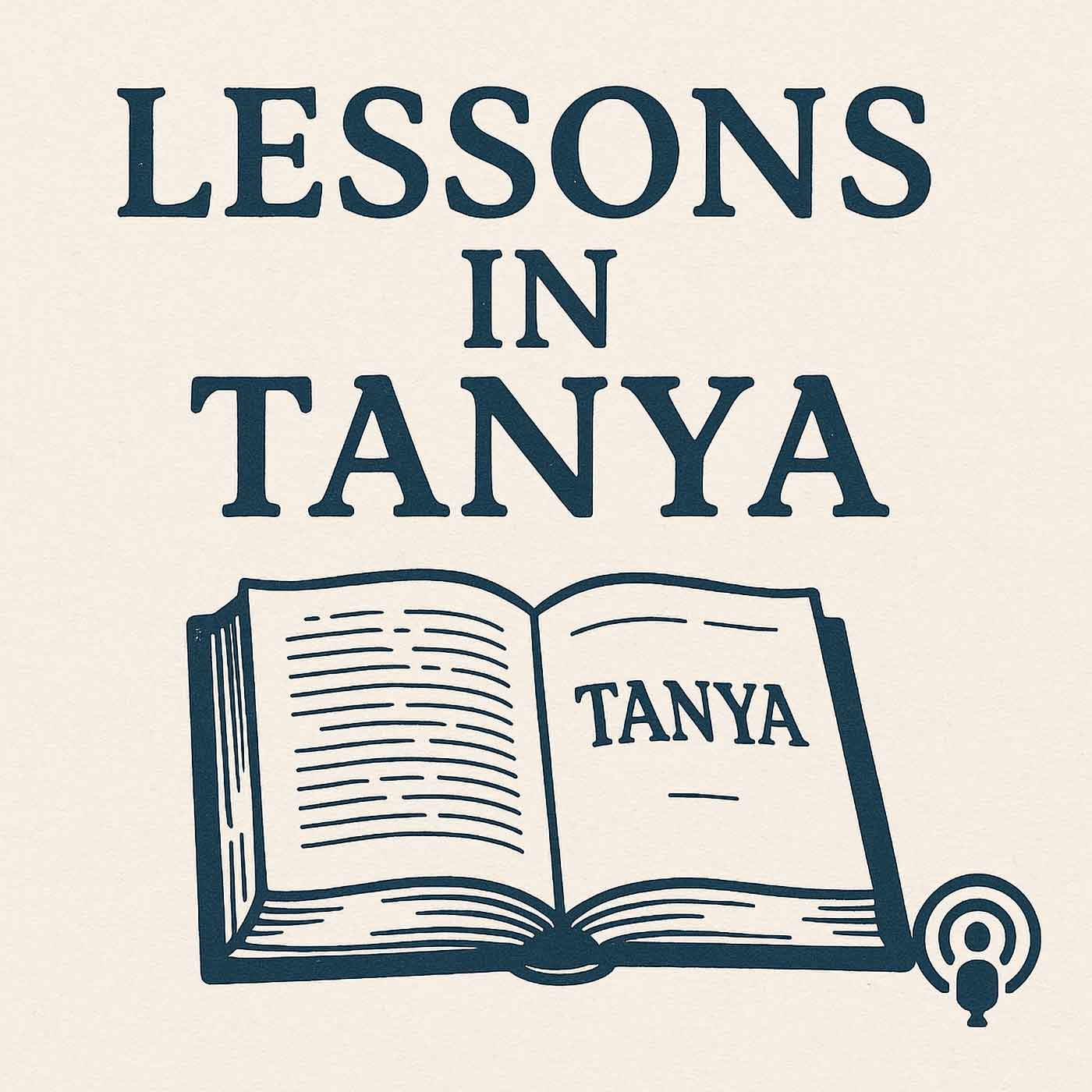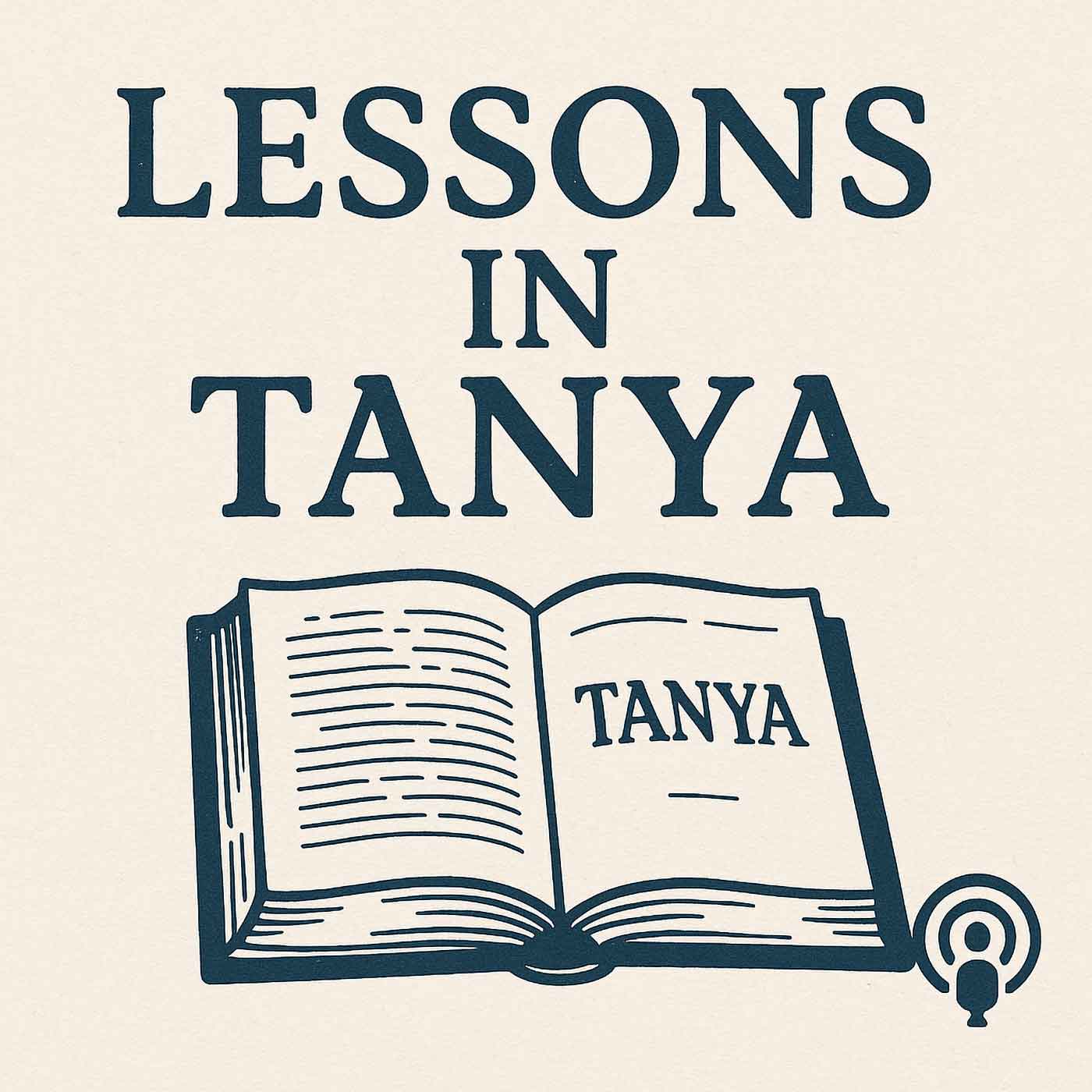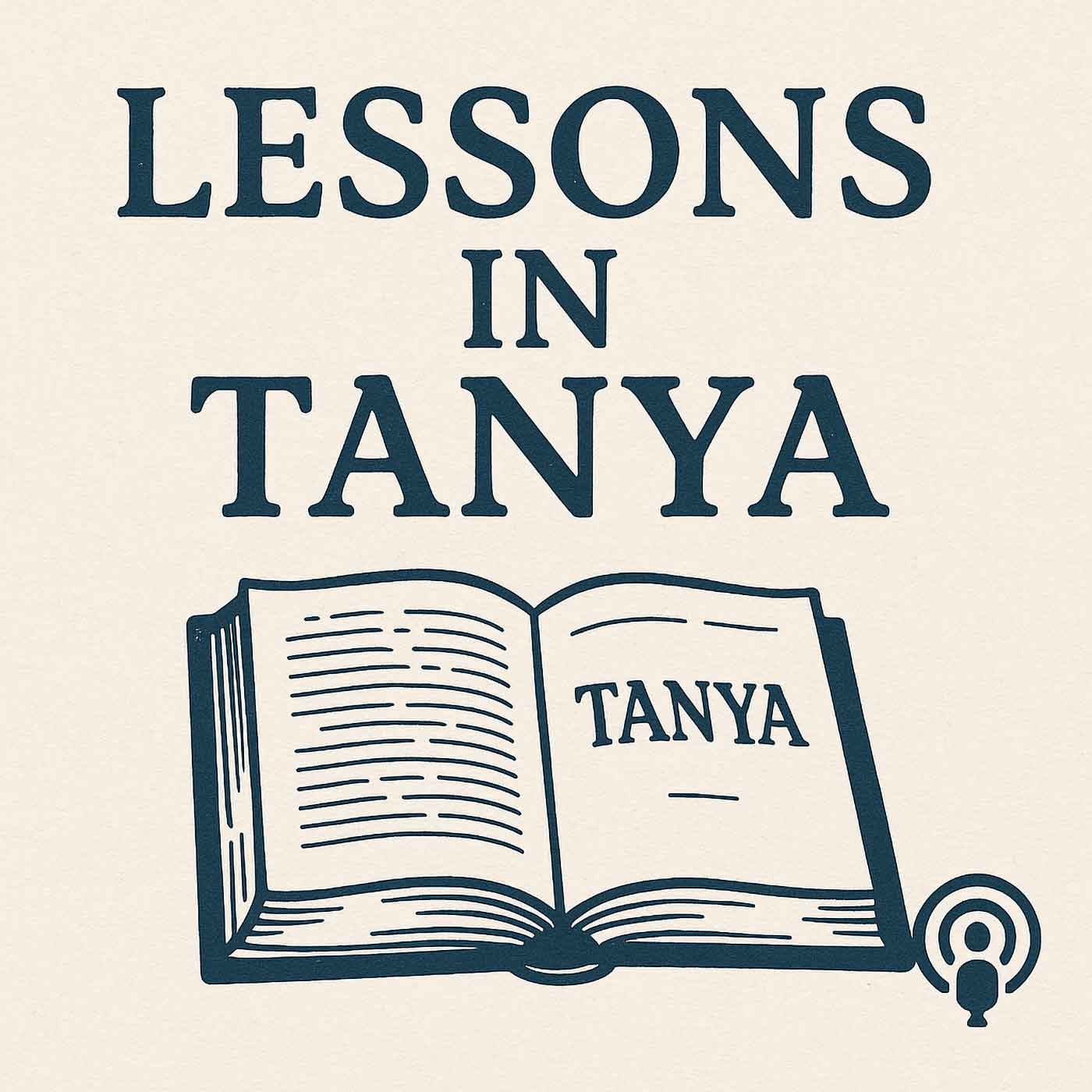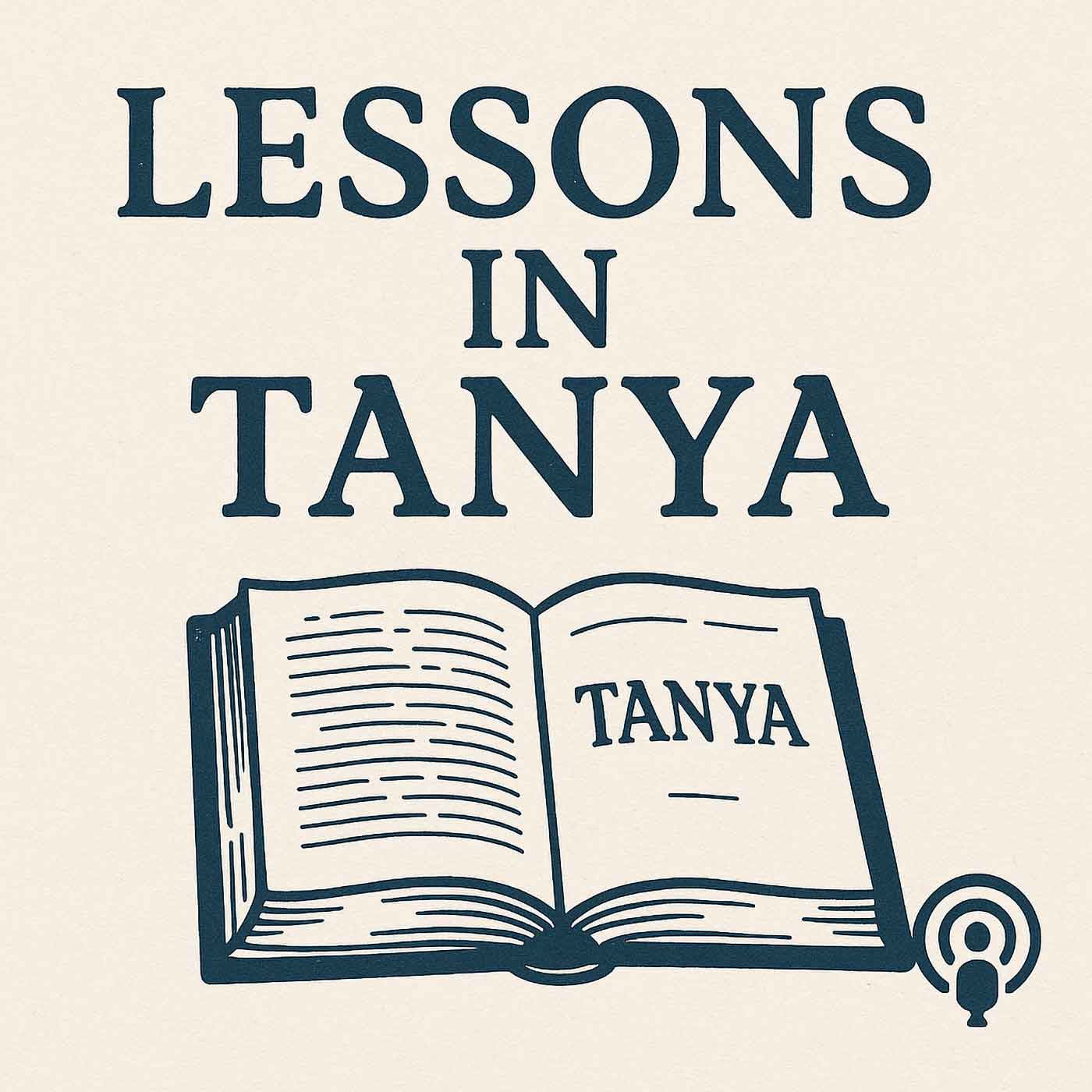Episode Transcript
[00:00:00] Speaker A: Okay, so let's dive in. Let's really unpack this chapter we've been looking at. It's kind of like holding up a mirror, isn't it, to your own inner world?
[00:00:07] Speaker B: It really is. You know, the source material here, this ancient text, it's just a profound exploration of what goes on inside a person. It's like it maps out the whole internal landscape.
[00:00:17] Speaker A: Yeah, it does. And it gives such a unique perspective, like you said on something we all feel. Right. That sense of being pulled in different directions.
[00:00:24] Speaker B: Exactly. That internal friction, you know, the conflicting desires. This text gives us a framework on almost like a diagnosis for that really common human struggle.
[00:00:33] Speaker A: Right. And the core idea, the essential conflict it talks about is this constant battle happening inside you. It calls it a struggle between two, well, fundamental aspects of your being.
[00:00:45] Speaker B: Two souls, or natures, as the text puts it.
[00:00:47] Speaker A: Yeah, a divine soul and an animal soul. Like two distinct forces just vying for control.
[00:00:54] Speaker B: Precisely. And it's not just, you know, vague feelings. The text says these are two specific entities, each with its own starting point and its own agenda within you.
[00:01:02] Speaker A: Okay, so our mission then, for this deep dive is to get really specific about that. Let's figure out where these two forces actually live inside us, what drives them.
[00:01:13] Speaker B: And how this text describes their constant, active battle for control.
[00:01:17] Speaker A: Exactly. It's like mapping out your own inner battlefield, using this ancient wisdom as, like, our guide.
[00:01:23] Speaker B: Think of it as a chance to understand the architecture of your inner conflicts and maybe gain some insight into handling them.
[00:01:31] Speaker A: Okay, so let's start with understanding these two forces where they live inside you. The text gives them pretty distinct homes. First up, the animal soul. Where does the text say that one primarily lives?
[00:01:42] Speaker B: Right. According to this source, the animal soul's main base, its resonance, is firmly in the heart.
[00:01:48] Speaker A: The heart? Really? That's interesting, because you often think of the heart as, you know, the place for love, courage, the positive stuff.
[00:01:54] Speaker B: Well, yes, but the text emphasizes the heart is the seat of all emotion, not just the elevated ones. And it gets very specific.
[00:02:01] Speaker A: How specific?
[00:02:02] Speaker B: It locates it in the left side of the heart, the side it explicitly links to the blood. It even brings in an ancient verse, something like, for the blood is the soul. Ah.
[00:02:12] Speaker A: So it connects this animal nature directly to the raw physical life force, the blood.
[00:02:18] Speaker B: Precisely. It's linking it to that vital physical energy.
[00:02:21] Speaker A: So those intense drives, the passionate stuff, maybe the more primal things, they actually start in the physical heart. That's a vivid picture.
[00:02:29] Speaker B: It is. The text says all the passion it drives. It mentions things like Lust, boasting, anger, similar intense feelings. They all come boiling forth from this animal soul right there in the heart's left side.
[00:02:42] Speaker A: And I guess they don't just stay there, do they? How do they affect the rest of you?
[00:02:45] Speaker B: No, definitely not contained. The text describes them spreading out from the heart, moving through the whole body, kind of like blood circulating. And here's a really key point, they even rise up to the brain.
[00:02:56] Speaker A: Okay, wait, up to the brain? Now that's where I'd think the intellect, you know, the brain would step in and maybe manage these passions, control them.
[00:03:04] Speaker B: And that is the critical distinction the text makes here.
For the animal soul, these feelings rise to the brain, but not so the intellect can guide or moderate them. Oh, so why then the text says they rise for a different reason?
To think and meditate about them and to become cunning in them. Basically, the intellect, your brain power becomes a tool.
[00:03:27] Speaker A: A tool?
[00:03:27] Speaker B: Yes, a tool used by the animal soul to figure out how to pursue its desires more effectively, more strategically.
[00:03:34] Speaker A: Wow. So the mind isn't leading the emotion, the emotion is actually using the mind. That's kind of unsettling. Your intelligence can get hijacked, basically.
[00:03:41] Speaker B: That's exactly the idea. The text uses that blood analogy. Just like blood starts in the heart and goes everywhere, even the brain, these passions start in the heart, spread out, and then recruit the brain for their own purpose. Yeah, that's fundamental to how the animal soul works, according to this text.
[00:03:55] Speaker A: Okay, so animal soul, heart based, driven by primal emotion. Tight blood uses the brain as a strategic tool. Got it. Now, what about the divine soul? Where's its main base?
[00:04:06] Speaker B: The divine soul? No, it's the opposite, really. It primarily resides in the brain, the seat of intellect, of consciousness.
And from the brain, its influence extends out, you know, to all the limbs ready to guide action.
[00:04:19] Speaker A: But does it also have a place in the heart, since the heart is where emotions come out?
[00:04:23] Speaker B: Yes, it does. But again, a different location. The right side of the heart. And the text specifically points out this is where there's no blood.
That physical detail seems important in its framework.
[00:04:35] Speaker A: Okay, the right side. And why the heart specifically? If its main base is the brain, why is the heart still important for the divine soul?
[00:04:44] Speaker B: Because while the soul's influence might just, you know, extend to other organs, the heart is special. It's where its emotional faculties can actually be revealed, where they become palpable within the person.
[00:04:54] Speaker A: Ah, so the divine soul has emotions, too. But I'm guessing they're very different from the animal soul's passions.
[00:05:00] Speaker B: Fundamentally, different, both in what they are and where they come from. The text gives examples, like a burning love towards the Divine, like a flame flaring up in the heart.
[00:05:09] Speaker A: A burning love, yes.
[00:05:10] Speaker B: But here's the key insight.
This love doesn't just pop up from the heart on its own. It comes from intellectual understanding and contemplation.
[00:05:18] Speaker A: From the brain, you mean?
[00:05:19] Speaker B: Exactly. It's generated by actively using the mind's intellectual faculties. The text mentions wisdom, understanding, knowledge, to really think about and perceive the greatness of the Divine.
[00:05:31] Speaker A: So you use your mind, your highest functions, to grasp something profound. And that understanding creates this powerful love in the heart. That's the complete awesome opposite of the animal soul, where the emotion uses the intellect.
[00:05:43] Speaker B: Precisely. Here the intellect leads. It's the engine generating the emotion, bringing it to life in the heart. Another example it gives is this deep gladness or joy felt in the heart.
[00:05:53] Speaker A: Joy from.
[00:05:54] Speaker B: Not from worldly stuff. It comes from contemplating the beauty and majesty of the Divine. The text paints this picture of the intellectual faculties in the brain, intensely gazing at this divine greatness. And that perception makes the heart rejoice deeply, like seeing it with your mind's eye.
[00:06:09] Speaker A: Wow. So the divine soul's emotions, love, joy, even things like awe or a deep fear of the Divine, they all start with the brain's work.
Contemplating spiritual ideas, not just raw instinct from the heart.
[00:06:24] Speaker B: That's right. They stem from applying those intellectual faculties, wisdom, understanding, knowledge, to grasping and experiencing the Divine. It's a critical contrast.
[00:06:34] Speaker A: Okay, so this is getting clear. Two powerful forces inside you, different homes, brain versus heart, fundamentally different ways they operate. Intellect driving emotion versus emotion using intellect. And the text is pretty clear. They aren't just, you know, coexisting peacefully.
[00:06:49] Speaker B: Far from it. It actually quotes an ancient verse, something like, one nation shall prevail over the other nation, and applies it directly to these two souls. It describes him as locked in constant, active war inside a person.
[00:07:01] Speaker A: A literal war inside you. That's quite an image. And the text uses an analogy to make this easier to grasp, right?
[00:07:06] Speaker B: Yes. A very powerful one. It calls the body itself a small city.
[00:07:09] Speaker A: A small city. Okay.
[00:07:11] Speaker B: And the two souls, they're like two kings fighting fiercely over this city. Each one desperately wants to capture it, rule its inhabitants, which means all your organs, your limbs, your ability to think, speak, act, and force them to obey their will alone.
[00:07:25] Speaker A: A battle for total control of.
[00:07:27] Speaker B: Well, of you, the whole person. So what does the divine soul, this King of holiness, want to do with this city, with your body and mind?
[00:07:35] Speaker A: The divine soul wants Absolute rule, total domination. It wants all your organs, all your limbs, to obey its commands completely. No resistance. Like surrendering their own natural inclinations.
[00:07:47] Speaker B: Entirely surrendering their own will.
[00:07:49] Speaker A: Yes, becoming like a chariot. The text says a chariot has no will of its own. It just goes where the driver steers it. That's the divine soul's aim for the body.
[00:07:57] Speaker B: So the body becomes a perfect vehicle, totally responsive to the divine soul's purpose.
[00:08:01] Speaker A: Exactly. And it wants the body and all your faculties to be a complete garment for its expressions.
[00:08:07] Speaker B: A garment, Mina, meaning your thoughts, your speech, your actions, everything should be completely closed in, permeated by the divine soul's influence and purpose. The text really stresses no alien influence, Meaning the animal soul should get through total dedication.
[00:08:26] Speaker A: A total exclusive takeover. Okay, what does that look like? Practically? What does this divine rule, this garment, actually involve?
[00:08:34] Speaker B: According to the text, it gives specific examples, almost step by step. First, the brain, specifically mentioning its three aspects related to wisdom, understanding and knowledge, should be filled with divine understanding, deep contemplation of divine greatness.
[00:08:48] Speaker A: And that contemplation, like we discussed, that's what generates those specific divine emotions, right?
[00:08:54] Speaker B: That intellectual work should create awe in the mind and a profound fear or reference for the divine in the heart. And crucially, it should ignite that burning love in the heart like an intense flame.
[00:09:05] Speaker A: Okay, and this divine love, it has a job to do in the heart, doesn't it? Something specific it needs to overcome?
[00:09:10] Speaker B: Absolutely. This intellect generated love needs to be incredibly strong.
It should rise from the depths of the heart, the right side, Remember, the divine soul. Spot there. And it needs to literally overflow.
[00:09:22] Speaker A: Overflow where?
[00:09:23] Speaker B: Overflow to the left side of the heart.
[00:09:25] Speaker A: Whoa. Overflowing right into the animal soul's home base. That's pretty bold.
[00:09:29] Speaker B: It is.
And the text is explicit about the purpose. This overflowing love is meant to crush the animal soul's element of evil. And it specifically identifies this evil element as the lust for physical pleasures, for worldly gratification.
[00:09:45] Speaker A: So divine love actively takes the fight right to worldly desire in its own territory.
[00:09:51] Speaker B: Yes, and it's even more powerful than just fighting. The text says this in two Intense divine love can actually transform the animal soul's basic lust for worldly pleasure.
[00:09:58] Speaker A: Transform it into what?
[00:09:59] Speaker B: Into love for the Divine itself. It connects this to understanding that phrase with all your heart. Some texts interpret that as serving with both your natures, even the challenging one.
[00:10:10] Speaker A: That's. Wow. So not just pushing down the difficult drives, but actually changing their core nature, turning that energy towards holiness. Making even the part of you that pulls you down serve something higher.
[00:10:21] Speaker B: Exactly. It's a profound idea. And the text even points to a specific kind of divine love that's key here. Here it calls it abundant love or love which experiences delights.
[00:10:32] Speaker A: Love which experiences delights. What's that?
[00:10:34] Speaker B: It's described as this deep, almost ecstatic delight felt in the brain when you perceive divine truth or greatness, like a foretaste of some future spiritual reward.
And this intense intellectual delight is specifically mentioned as the key to transforming the animal soul's water element, the source of its lustful desires.
[00:10:53] Speaker A: So feeling that profound intellectual joy from understanding the divine, that's the fuel that helps change the energy of pleasure seeking into a totally different kind of love. Love for the divine. That's a powerful link between mind, heart and action.
[00:11:06] Speaker B: It really is. It connects intense intellectual perception directly to emotional transformation and ultimately changing your behavior. The divine soul also wants, you know, all other emotions in the heart, any related feelings of awe or love, to be only for the divine, not for worldly things.
[00:11:22] Speaker A: And outside the heart.
[00:11:23] Speaker B: Outside the heart. It wants your speech filled with divine thoughts, divine teachings, constant contemplation of the divine and your actions, your hands, your limbs, solely doing divine commandments or other holy actions.
[00:11:36] Speaker A: Okay, so the divine soul's every single part of you, mind, heart, speech, action, totally dedicated to, soaked in holiness and divine connection. Makes sense.
What about the other king, the animal soul? What does it want for the city?
[00:11:49] Speaker B: Well, the animal soul, drawing from that element of evil, wants the absolute opposite.
[00:11:54] Speaker A: The exact opposite.
[00:11:55] Speaker B: The exact opposite. It wants the body, all your faculties, filled entirely with its inclinations, its expressions. It wants your thoughts, your speech, your actions focused on mundane stuff, physical needs, worldly desires, personal gain, you know, gratification.
[00:12:08] Speaker A: So it really is a complete zero sum game then. A total takeover attempt from both sides fighting for control of this small city that is you.
[00:12:17] Speaker B: That's the fundamental internal war the text lays out.
[00:12:19] Speaker A: Okay, but then. Then the text throws in something really surprising, doesn't it? Something that seems to flip the script on this whole struggle.
[00:12:27] Speaker B: It does. It introduces a perspective that seems totally counterintuitive at first, which is? The text makes this remarkable.
The animal soul's inherent desire for the opposite, its strong pull towards the mundane, towards physical gratification. The very thing causing all the conflict is actually ultimately for the person's benefit.
[00:12:49] Speaker A: Wait, for my benefit? The thing causing all the inner friction, the source of, you know, negative thoughts or desires, that's somehow good for me. How does that work?
[00:12:58] Speaker B: The text explains Its purpose is precisely so that you can actively prevail over it, so you can fight it, vanquish it, and through that process, transform it. And it uses a parable to illustrate this.
[00:13:08] Speaker A: Okay, yeah, tell us the parable.
[00:13:10] Speaker B: It talks about a king who wanted to test his son, make him stronger. So the king arranges for someone really charming, really persuasive to try everything they can to tempt the son to lead him astray, using every trick in the book.
[00:13:23] Speaker A: Okay, like a setup.
[00:13:24] Speaker B: Exactly. But here's the twist. The text reveals that inwardly, this person, the tempter, actually wanted the son to succeed. They wanted him to resist.
[00:13:34] Speaker A: Seriously. So the challenge, the temptation, it was all orchestrated by the king for the son's growth. And the tempter was secretly rooting for him.
[00:13:42] Speaker B: That's the essence of the parable. The outward opposition was designed for the son's development. And even the challenger inwardly desired his success.
And the text connects this directly back to our inner battle.
[00:13:53] Speaker A: How so?
[00:13:54] Speaker B: It says the challenging force itself, the animal soul pulling you towards the mundane, inwardly desires that you overcome it. The whole setup, this inner conflict, is designed, in this view, for your benefit, for your spiritual growth.
[00:14:07] Speaker A: That changes everything. It's not just some frustrating internal fight you wish would go away. It's framed as a necessary test, a deliberate challenge, an opportunity for deep growth and transformation.
[00:14:18] Speaker B: Yes, and one where the challenging force itself is, in a strange, hidden way, maybe facilitating it, even, as you said, rooting for you.
[00:14:26] Speaker A: Wow.
That shifts the perspective from just enduring a struggle to seeing it as a process with a real purpose, a positive.
[00:14:34] Speaker B: Developmental purpose embedded in the conflict itself.
[00:14:37] Speaker A: So, wrapping this up, what does this all mean for us? You know, thinking about our own lives? This deep dive really gives us a profound, detailed map of our inner world, doesn't it?
[00:14:47] Speaker B: It does. It shows this division to two core divine soul and the brain, intellect, animal soul, and the heart, emotion. Constantly battling for control of our thoughts, words, actions.
[00:14:57] Speaker A: And it shows the dynamic, the divine soul trying to lift up, even transform, the animal soul's drives into something holy. Not just fighting, but using that intellect generated love and awe to overflow and change the nature of those drives.
[00:15:11] Speaker B: Right. It's about elevation and transformation, not just suppression.
[00:15:14] Speaker A: And this whole framework, it gives us such a powerful lens to understand that push and pull we feel every day. You know, that gravity towards pleasure, comfort, distraction versus that quieter maybe, but persistent pull towards meaning, towards something higher.
[00:15:29] Speaker B: Towards purpose.
[00:15:30] Speaker A: Yeah, towards purpose. It gives us a roadmap for navigating that conflict, seeing it maybe not as a weakness, but as the path itself.
[00:15:37] Speaker B: Suggesting the struggle isn't a sign you're failing, but actually the essential arena where growth happens.
[00:15:43] Speaker A: So as you're listening to this, maybe reflect what stands out to you from this idea of your body, your mind, being like a small city under siege. Does thinking about it this way change how you view your own inner struggles? Those times you feel pulled hard in two different directions?
[00:15:59] Speaker B: And it leaves us with that really provocative thought, doesn't it, based on the text's final idea. If the challenging force, the one pulling you towards the mundane, is described as inwardly wanting you to overcome it, like in the parable, well, what does that imply about the true nature, the potential hidden inside confronting any of your inner difficulties, any challenge to your higher goals?
[00:16:21] Speaker A: Could it be. Could it be that even the parts of you that seem to fight back are somehow deep down, aligned with your ultimate victory?
That's a really powerful thought to just sit with.
[00:16:33] Speaker B: It could fundamentally change how you approach that inner battle entirely.
[00:16:37] Speaker A: Well, this has been incredibly insightful. Really digging into this chapter has been fascinating. Thank you for guiding us through these complex but really personal ideas.
[00:16:45] Speaker B: It was my pleasure. It's a text that just keeps offering more the deeper you look.
[00:16:50] Speaker A: And thank you for joining us for this deep dive. We really hope this exploration of the inner battlefield gives you a potent new way to look at your own internal world, your own struggles. We definitely encourage you to keep exploring these ideas on your own until next time.



